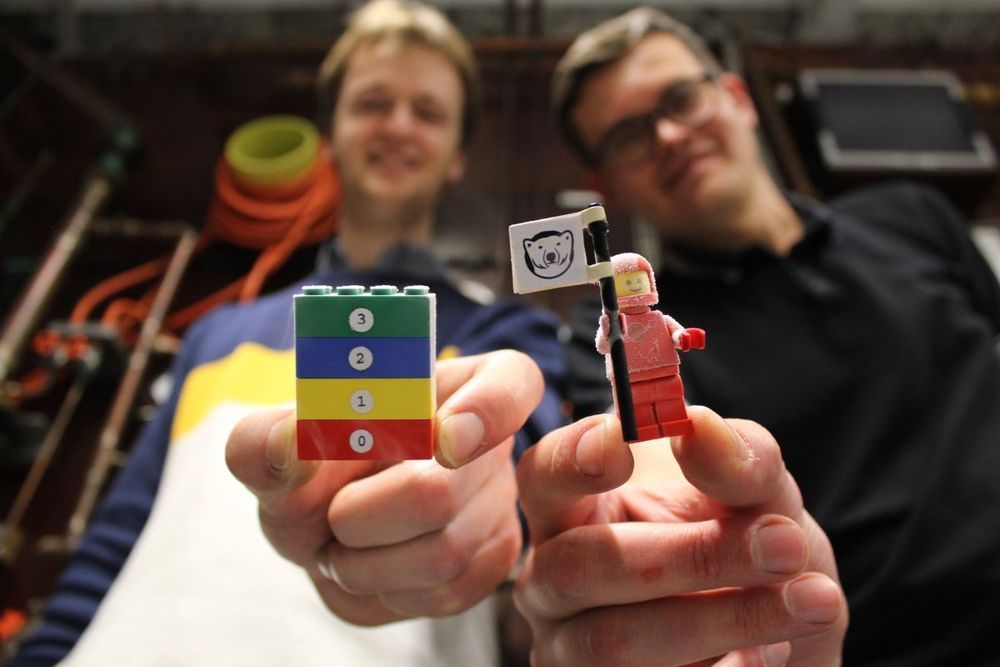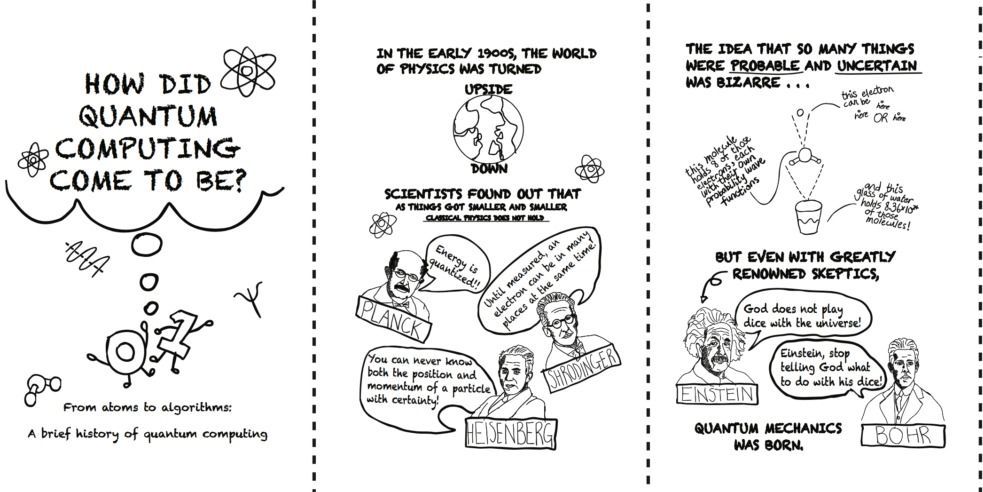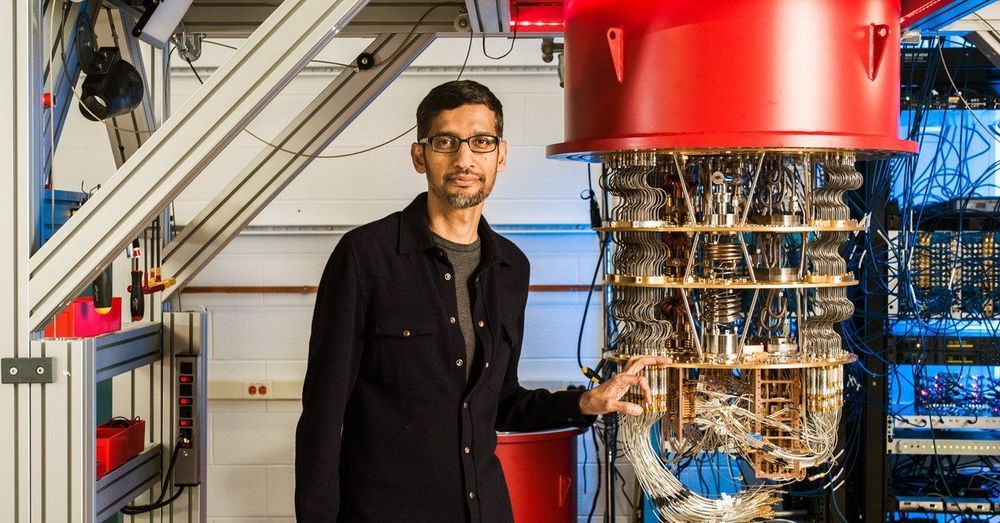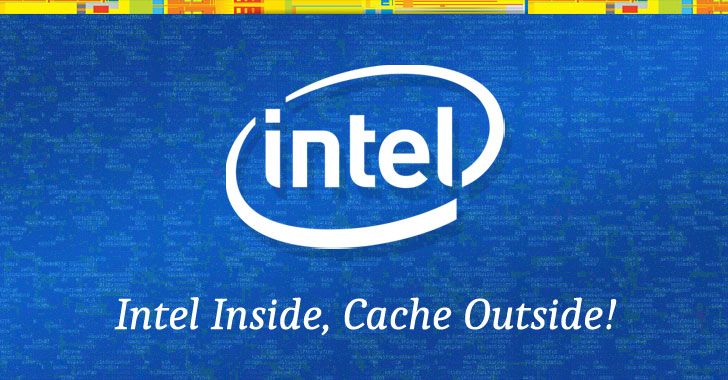Lego is an unusual candidate to make thermal computing cost less.


Braintree founder Bryan Johnson, MBA’07, invests in bold ventures on the next frontier.
Bryan Johnson is determined to explore the depths of your mind and help save humanity from its direst threats.
“The biggest revolutions that have happened over the past couple of decades have largely been done on silicon—the transistors we build, the computers we have, the internet, our smartphones,” said Johnson, MBA’07. “The next great revolutions will be evolving our cognition and predictably engineering atoms, molecules, organisms and complex systems.”



Still baffled by quantum computing? How about turning to comic books (graphic novels for the well-read among you) for some clarity and a little humor on QC. The National Science Foundation has done just as part of its EPiQC (Enabling Practical-scale Quantum Computing) program. So far eight Zines have been created with more to come.
Comic books offer approachable ways to convey both humor and information. One might think that comic books would not be able to convey complex information like the ideas behind QC. In this case, one would be wrong, at least for one as creative as the University of Chicago s Diana Franklin, as part of the National Science Foundation (NSF) funded https://www.epiqc.cs.uchicago.edu/”>EPIQC Expedition in Computing, wrote Mark Hill of the University of Wisconsin-Madison in a recent blog for Computing Community Consortium, run by NSF.
In particular, Diana and colleagues have developed eight, with more coming, https://www.epiqc.cs.uchicago.edu/zines”>zines that are comic-book-like pamphlets obtained by printing and folding a single sheet of paper. The topics include quantum notation, superposition, and history. In my humble opinion, these are great examples of the synergy possible with research and education done together. Enjoy! .


Have humans become an indoor species? Given that Americans spend, on average, 93 percent of their time indoors, it would seem that we are indeed suffering from what some call “nature deficit disorder.”
We don’t need a fancy term to realize we might benefit from spending more time outdoors. Getting out for a gentle walk or a vigorous hike is likely to reduce stress, improve health, and increase emotional well-being.
If you spend much time on a computer, you probably reach a time in the day when you have so many browser tabs and programs open that your computer slows considerably. It’s time for a reset.

If your PC is running on any modern #Intel CPU built before Oct 2018, it’s likely vulnerable to a new hardware issue, dubbed CacheOut (CVE-2020–0549), that could let attackers leak sensitive data from OS kernel, VMs and even from SGX enclave. :-o.
Researchers demonstrated a new speculative execution vulnerability, dubbed ‘CacheOut’ assigned CVE-2020–0549, in Intel processors that could allow attackers to leak targeted sensitive data from OS kernel, co-resident virtual machines, and even stored within Intel’s secured SGX enclave.

In 1946 the Electronic Numerical Integrator and Computer, or the ENIAC, was introduced. The world’s first commercial computer was intended to be used by the military to project the trajectory of missiles, doing in a few seconds what it would otherwise take a human mathematician about three days. It’s 20,000 vacuum tubes (the glowing glass light bulb-like predecessors to the transistor) connected by 500,000 hand soldered wires were a marvel of human ingenuity and technology.
Imagine if it were possible to go back to the developers and users of that early marvel and make the case that in 70 years there would be ten billion computers worldwide and half of the world’s population would be walking around with computers 100,000,000 times as powerful as the ENIAC in their pants’ pockets.
You’d have been considered a lunatic!

IBM and the University of Tokyo will form the Japan – IBM Quantum Partnership, a broad national partnership framework in which other universities, industry, and government can engage. The partnership will have three tracks of engagement: one focused on the development of quantum applications with industry; another on quantum computing system technology development; and the third focused on advancing the state of quantum science and education.
Under the agreement, an IBM Q System One, owned and operated by IBM, will be installed in an IBM facility in Japan. It will be the first installation of its kind in the region and only the third in the world following the United States and Germany. The Q System One will be used to advance research in quantum algorithms, applications and software, with the goal of developing the first practical applications of quantum computing.
IBM and the University of Tokyo will also create a first-of-a-kind quantum system technology center for the development of hardware components and technologies that will be used in next generation quantum computers. The center will include a laboratory facility to develop and test novel hardware components for quantum computing, including advanced cryogenic and microwave test capabilities.